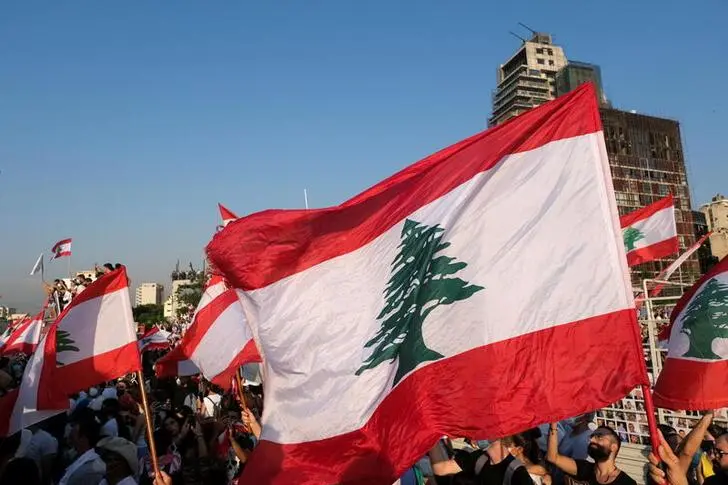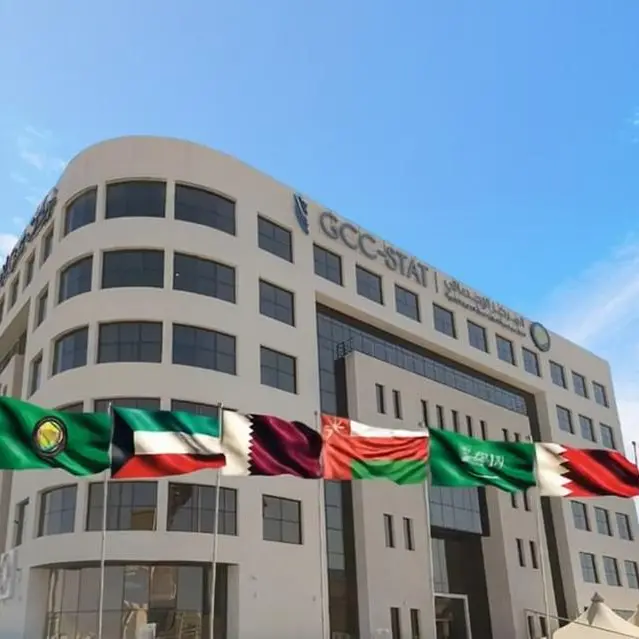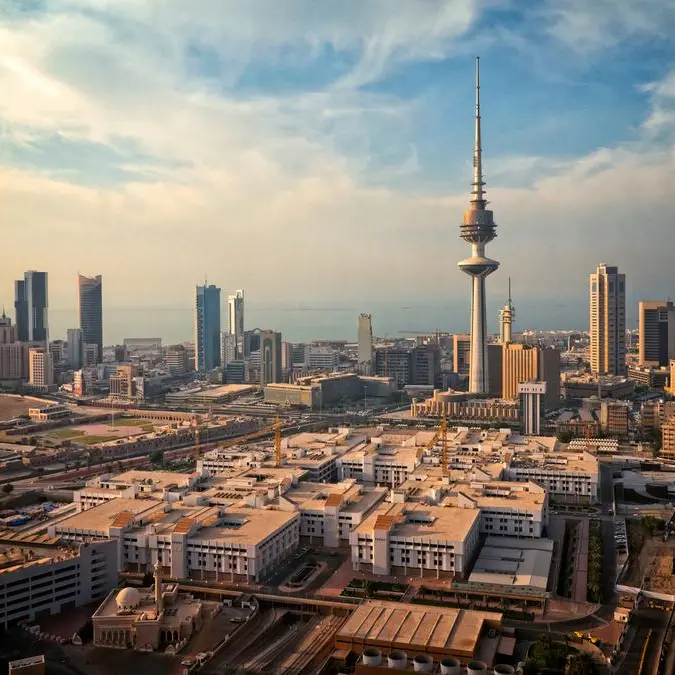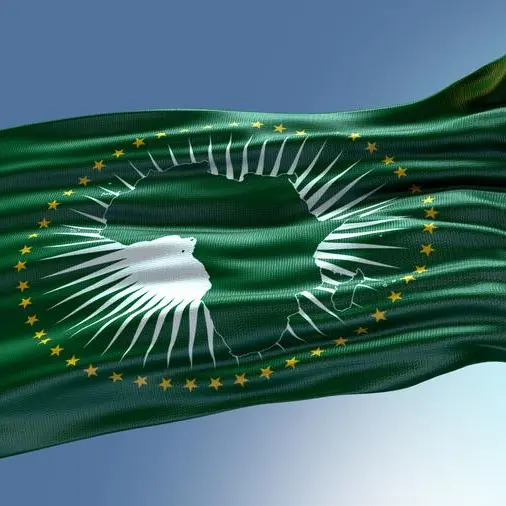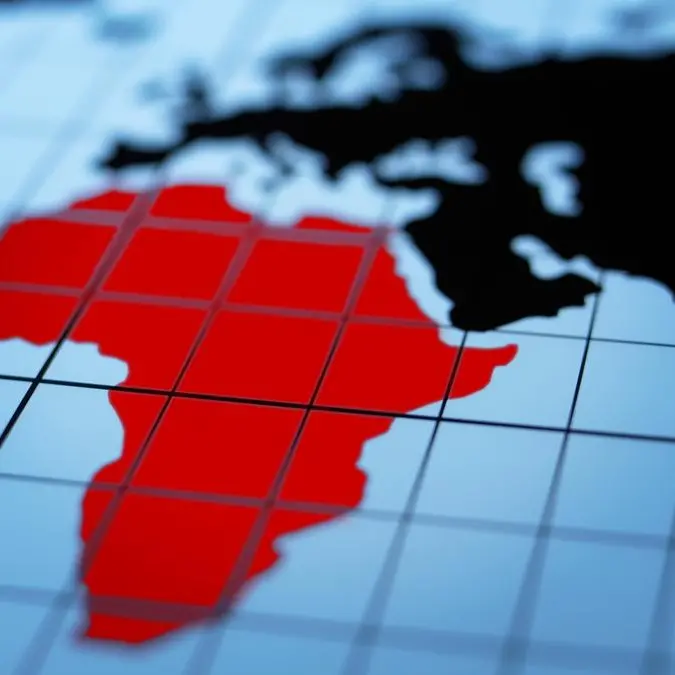PHOTO
Lebanese politics should be added to the French literature and philosophy curriculum. It would fit very well within the study of the philosophy of the absurd. And so, as they say in France, culture is like jam: The less you have, the more you need to spread it. I will spread my lack of culture and slight memory of my courses by citing Albert Camus’ philosophical essay “The Myth of Sisyphus,” in which he made a parallel between the human condition and Sisyphus, the king from Greek mythology who was punished for twice cheating death by being obliged to roll an immense boulder up a hill, only for it to roll back down every time it reached the top, repeating this meaningless action for eternity.
In my version, the ones condemned to repeat the same meaningless tasks are the Lebanese. Lebanon is indeed like Sisyphus, for it has been able to cheat death in the face of so many conspiracies and has been condemned to be destroyed and rebuilt for eternity. It has been destroyed by civil war, terrorist attacks and last year’s port explosion, but its institutions are also destroyed, as well as its financial and banking system. No matter what, we know it will be rebuilt.
As the internet reminded me of my French literature and philosophy lessons, Camus’ answer to this absurdity is not suicide but revolt. It is not through the death of this small country but its revolt that Lebanon and its people can change their fate. It is through revolt that we break this cycle of endless and meaningless destruction. But what does revolt mean in Lebanon? What needs to be done in reality?
Revolt in Lebanon means it is time for the Lebanese people to demand that the new government put forward a new constitution for a free, sovereign and independent nation. Lebanon does not need a new election law, it needs new institutions that protect the country. As we have heard from the protesters since 2019, their demands are clear: They all want to live in peace and freedom. They want to live with dignity and pursue their dreams. They want their children to reach their full potential. They want their elderly to enjoy peace of mind in their last days. They want accountability from their representatives.
Whether they are Shiite, Sunni, Alawite, Druze, Maronite, Eastern Orthodox, Jewish, Armenian Orthodox, Protestant, Melkite Catholic, Armenian Catholic or any other religion or sect, they all want the same. But if you ask them how to achieve this and on which political and economic platform, you will have twice as many views as you have minorities. In these conditions, no revolt can be successful, as the masses in the street dissolve amid the details of their demands. And so, unless you have a united, committed group and the power to force change, nothing will happen. Today, only Hezbollah has this power. And its Lebanon is a sad and dangerous one.
My view is that Lebanon needs a free and liberal system — a libertarian one — to thrive. It needs to remove religion as a factor in political decision-making. Today, Lebanon has a sectarian power-sharing structure that does the opposite of what it is supposed to. This so-called balance of representation is the boulder we push up the hill for eternity. It is, in reality, a disguised power-sharing syndicate for the elites. Today its master is Hezbollah and the rest are puppets. This structure allows Hezbollah to create fear and to pit one minority against the other while it colludes and trades as a mafia boss over illicit activities. This structure is what religious and political leaders alike trade off to assert their power. This is the true absurdity of today’s Lebanon. And the only way the country can reach its full potential is to revolt against it.
Many believe that the solution and the way to remove religion from politics is with a “civil Lebanon.” But the way this argument’s advocates are promoting it will have the opposite effect to stability. Indeed, beyond civil marriages, which should be allowed, their views will corner, ostracize and isolate minorities. Let us be straightforward, it will have a negative impact on the Christian community in Lebanon; and without its Christians, Lebanon is not Lebanon. It was their loyalty and love for the country that, in a way, acted as the engine for the Lebanon that the elderly reminisce about today and what our youths dream of. You cannot think that, by erasing a line on your ID card, that you have erased sectarianism from society and political life. It just does not work that way.
Therefore, the revolt must come in the form of a demand for federalism. It is urgent for Lebanon to become a federation. It is time to realize that a decentralization effort and the building of a new federal system, where government is light and agile, is the only way forward. It does sound contradictory, but by giving each sect its own barriers and fences, we remove fear of the other and dislodge the ruling elites. It is the only way we can stay together under the cedar.
Reforms, which I believe Prime Minister Najib Mikati has the intention to apply, will be blocked when they reach the true source of deficiency in government. And so Lebanon does not need a new parliamentary election law. It needs new institutions and a new constitution. It is also clear that no one will trust us or help us as a nation unless we go through a true and deep transformation. Our neighbors and Western powers have no reason to believe us anymore. The Lebanese politicians have cried wolf too many times. It is also humiliating to see Lebanon’s representatives beg for support, especially knowing that, in the current conditions, any help will be like a drop of water in the ocean.
The people of Lebanon need to revolt and transform this country. To break this eternal cycle of destruction, a Lebanese federation is the best solution. There is an urgent need for building new institutions to extract the country from this disaster. How many more lost generations will it take to understand?
- Khaled Abou Zahr is CEO of Eurabia, a media and tech company. He is also the editor of Al-Watan Al-Arabi.
Copyright: Arab News © 2021 All rights reserved. Provided by SyndiGate Media Inc. (Syndigate.info).
